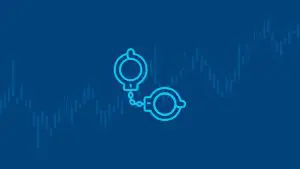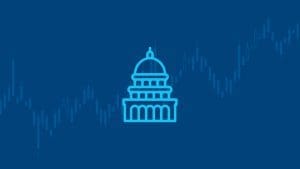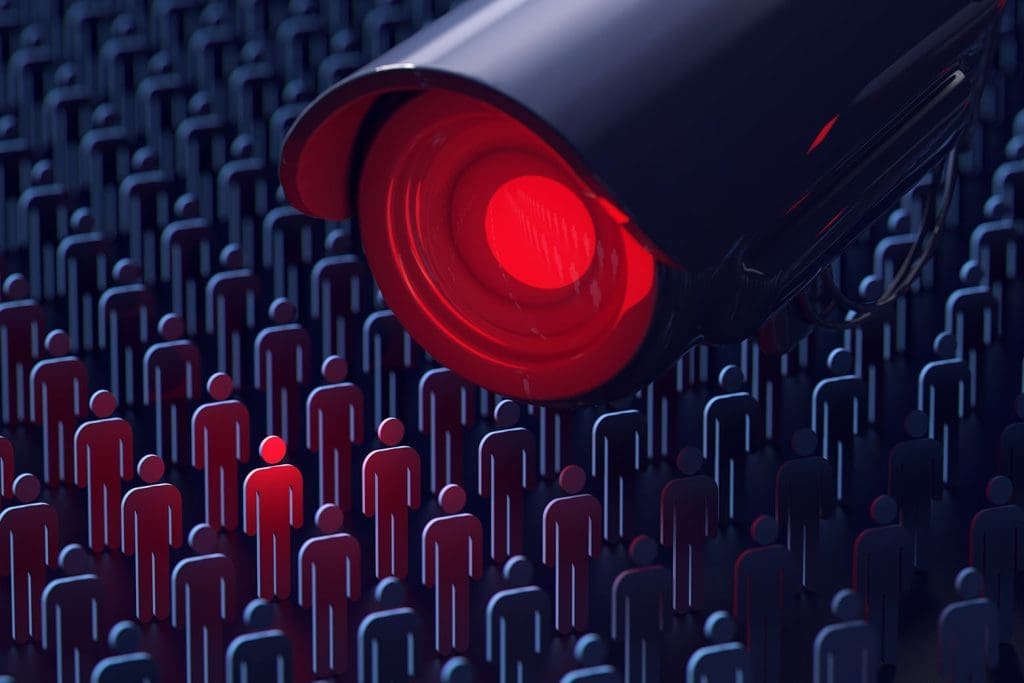
If you think “they” aren’t watching, you haven’t been paying attention.
While you’re scrolling memes or paying bills, Uncle Sam’s got a digital dossier on you growing fatter by the day. Some of it’s legal. Some of it’s … let’s call it “gray area adjacent.”
Here are 10 ways Big Brother keeps tabs — whether you consented or not.
Cellphone Metadata

Who you called, when, where you were — it’s all logged. Cell towers triangulate your position, and providers hand over metadata to agencies like the NSA without needing to show content. Still creepy.
License Plate Readers (LPRs)
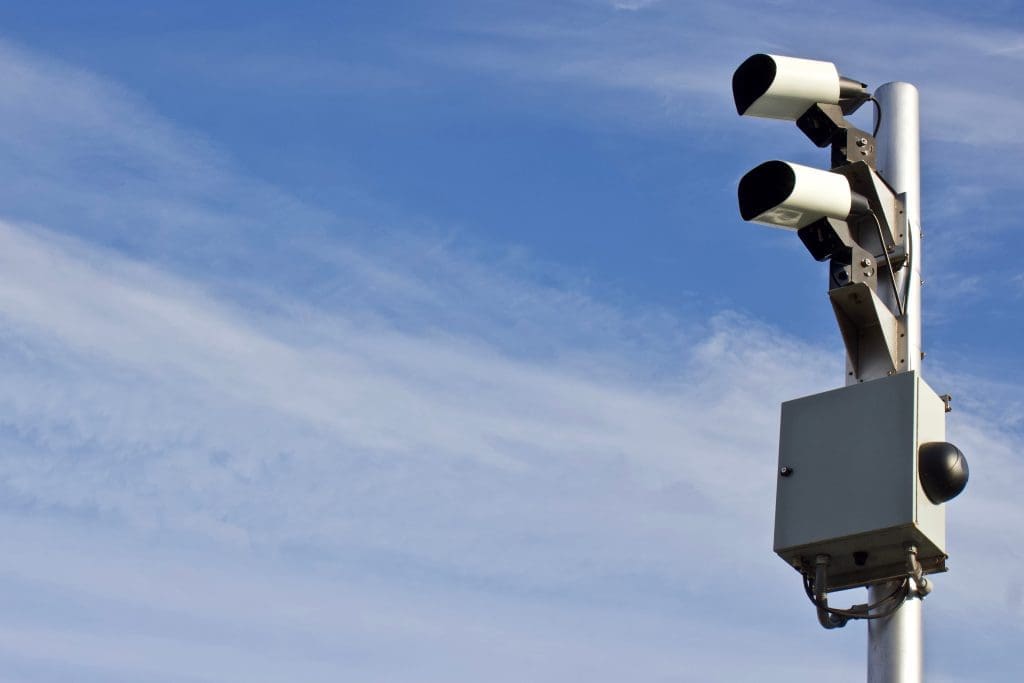
These high-speed cameras scan plates in real time, tracking your movements across highways, neighborhoods, even parking lots. Some cities store this data for years.
Social Media Monitoring
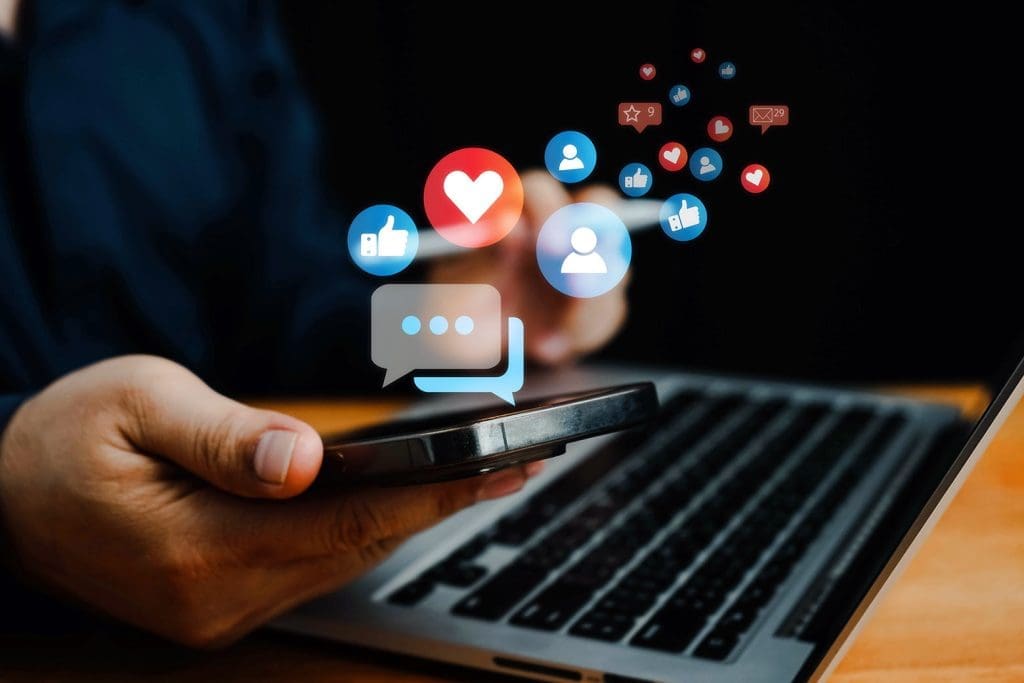
Your posts, likes, tags, and location check-ins are treasure maps. DHS, FBI, and even local police use software to scrape public data. Yes, even that “private” story might not be so private.
Facial Recognition Surveillance
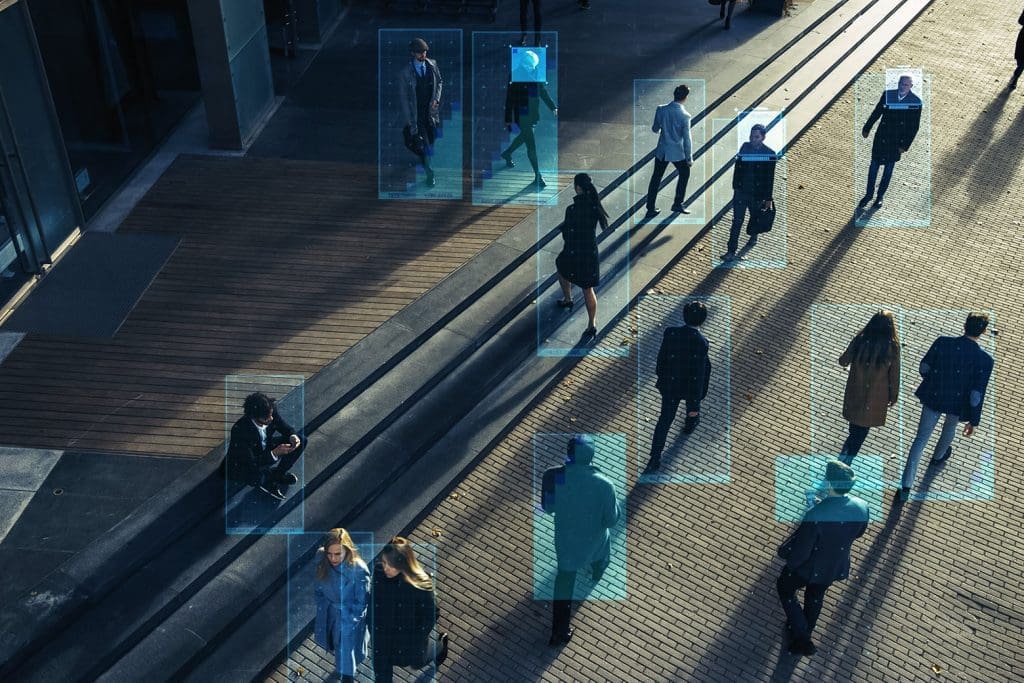
CCTV cameras — at airports, city centers, protests — are often paired with facial recognition tech. Once your face is in the system, it can track your presence almost anywhere those cameras pop up.
Credit Card and Banking Records
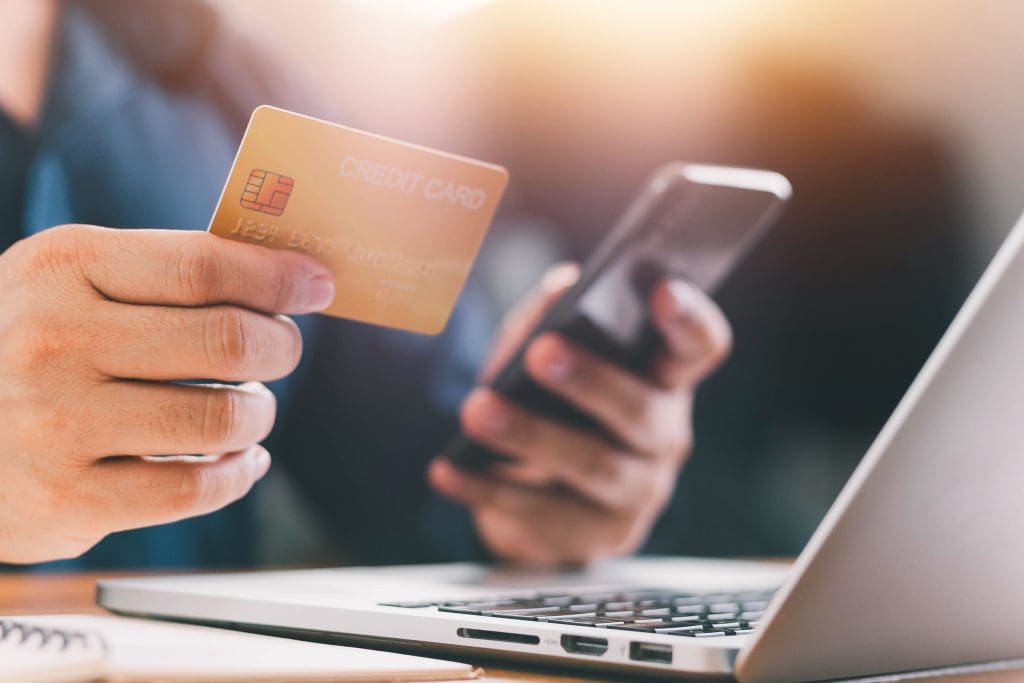
Financial institutions file Suspicious Activity Reports (SARs) to the Treasury if anything looks fishy. The threshold? As little as $10,000 in cash movement or weird buying patterns.
Airline Travel Records

Booking a flight? TSA and Homeland Security know. The Passenger Name Record (PNR) contains your seat, meal choice, payment method, and even how often you fly.
Geofence Warrants
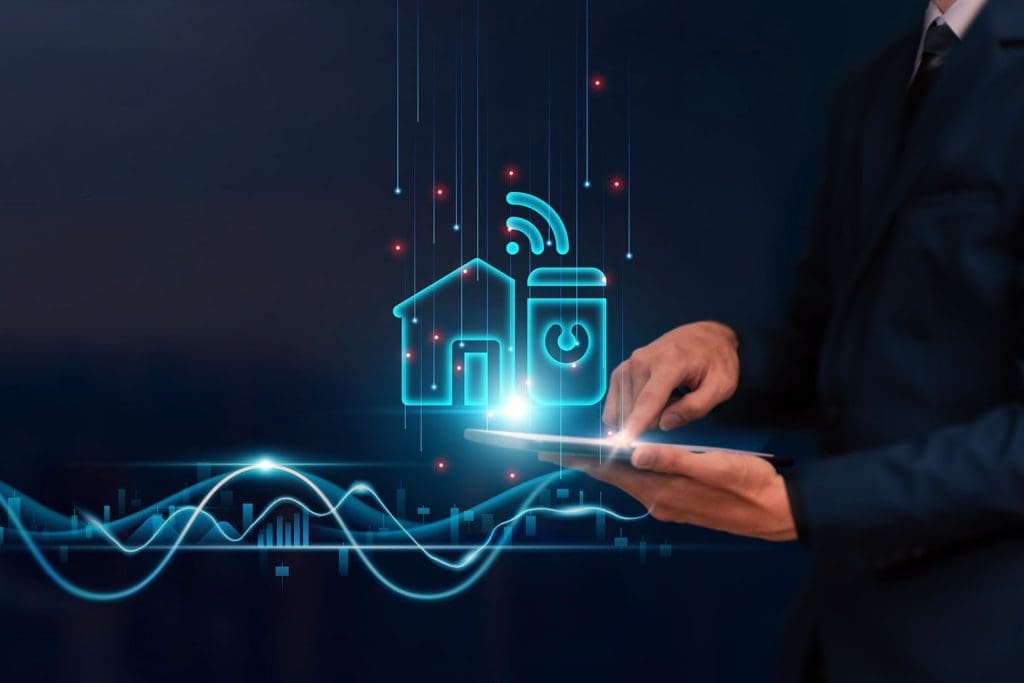
Law enforcement can request data from Google showing every device in a specific location and time window — like during a protest or near a crime scene. You don’t need to be a suspect to get swept up.
Public Surveillance Cameras
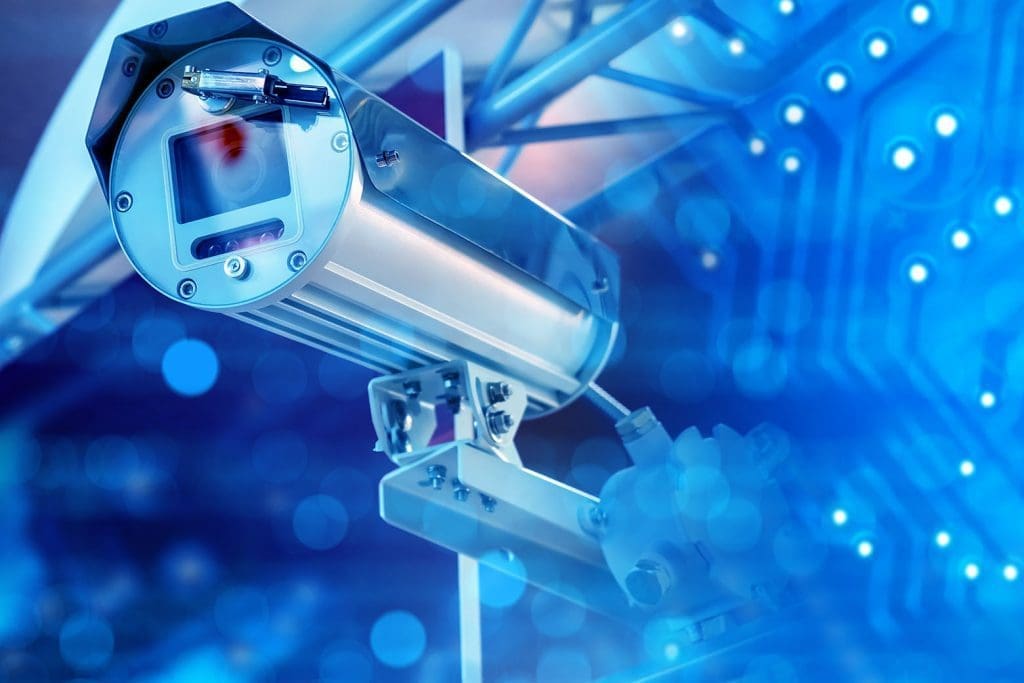
You’re on camera nearly everywhere. Add AI pattern recognition and predictive policing, and suddenly you’re not just seen — you’re profiled.
Internet Activity and Search Histories
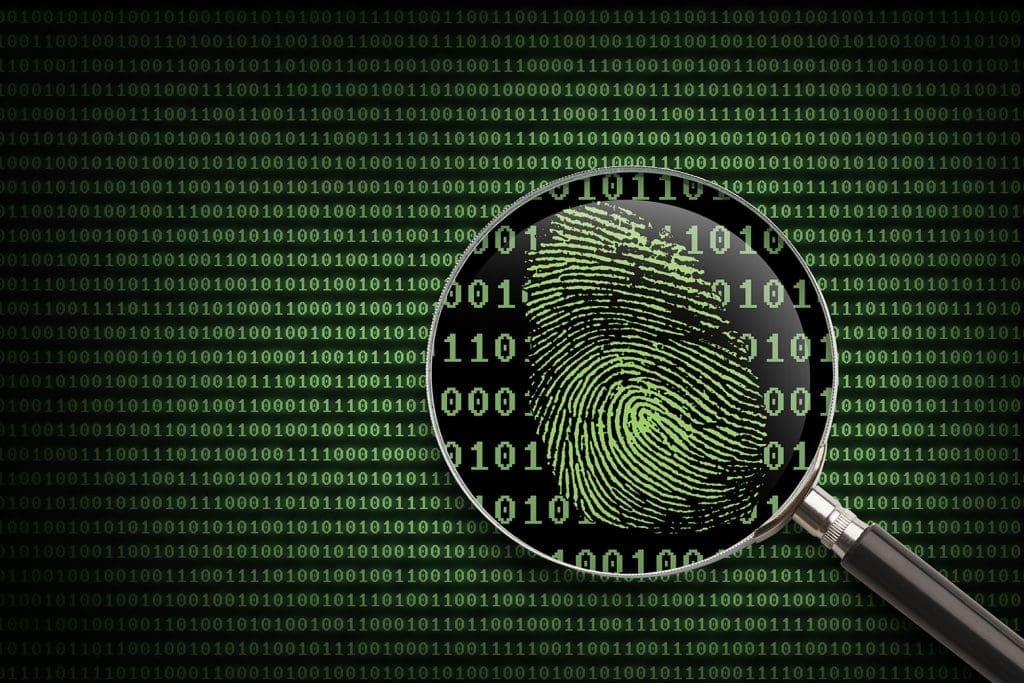
ISPs log your web traffic and DNS queries. Federal agencies can request this under FISA or National Security Letters, sometimes without a warrant.
Health and Biometric Databases
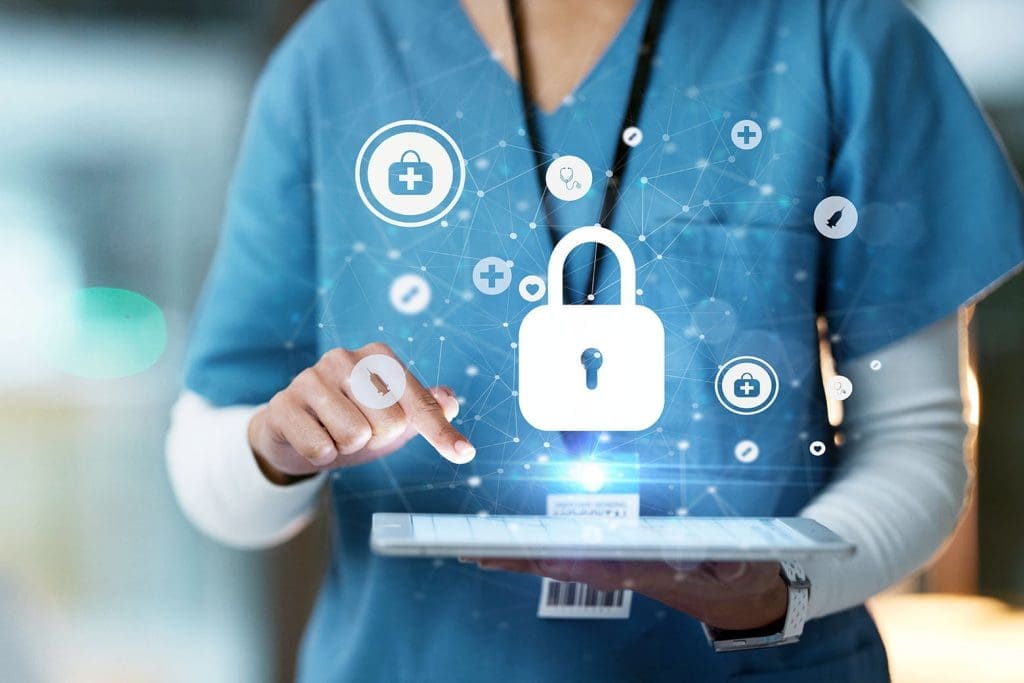
If you’ve given DNA to a testing service, there’s a decent chance that info is accessible by law enforcement. Add fingerprints, retinal scans, and vaccine records — and the body becomes the tracker.



